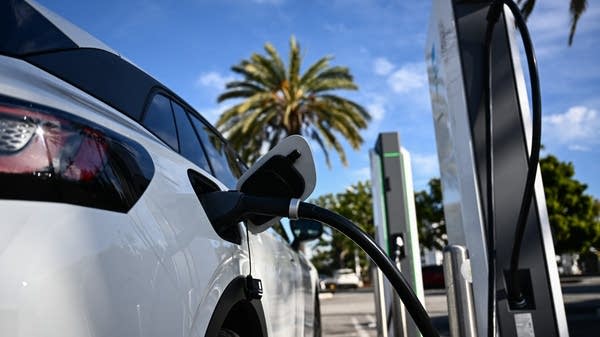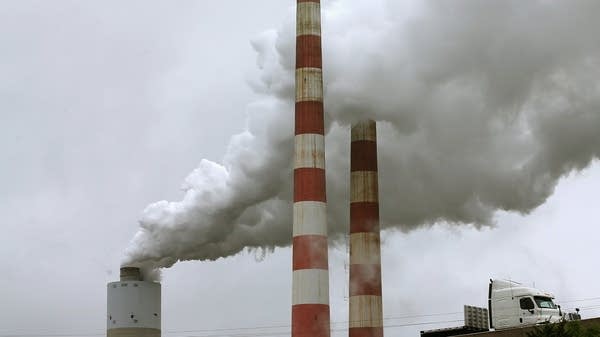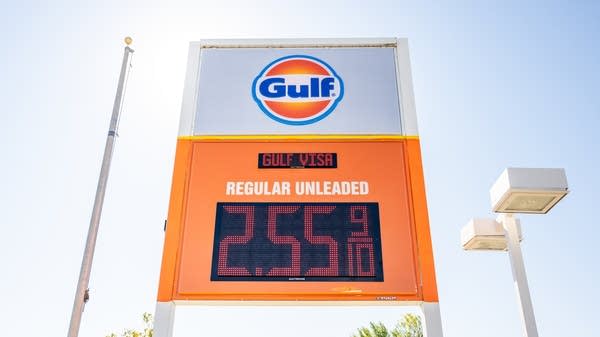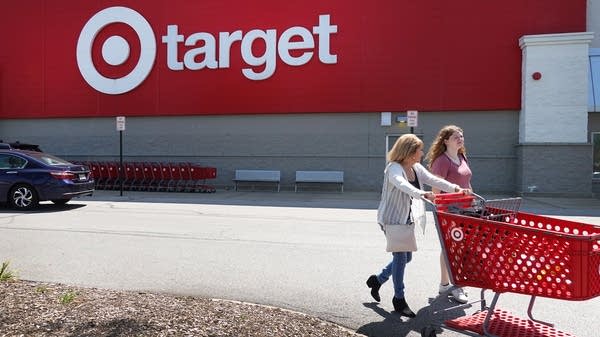Henry Epp
Reporter II
Henry Epp is a reporter for Marketplace based in Burlington, Vermont.
He began his public radio career in 2012, as a reporter for New England Public Media in western Massachusetts. He became the station’s local host of “Morning Edition” in 2014. In 2017, he moved north to host “All Things Considered” at Vermont Public, where he also co-hosted the station’s daily news podcast and covered business and infrastructure issues.
Henry grew up in Minneapolis, Minnesota, and is a graduate of Hampshire College in Amherst, Massachusetts. In his free time, he enjoys playing the saxophone, gardening and rooting for the Minnesota Twins.














